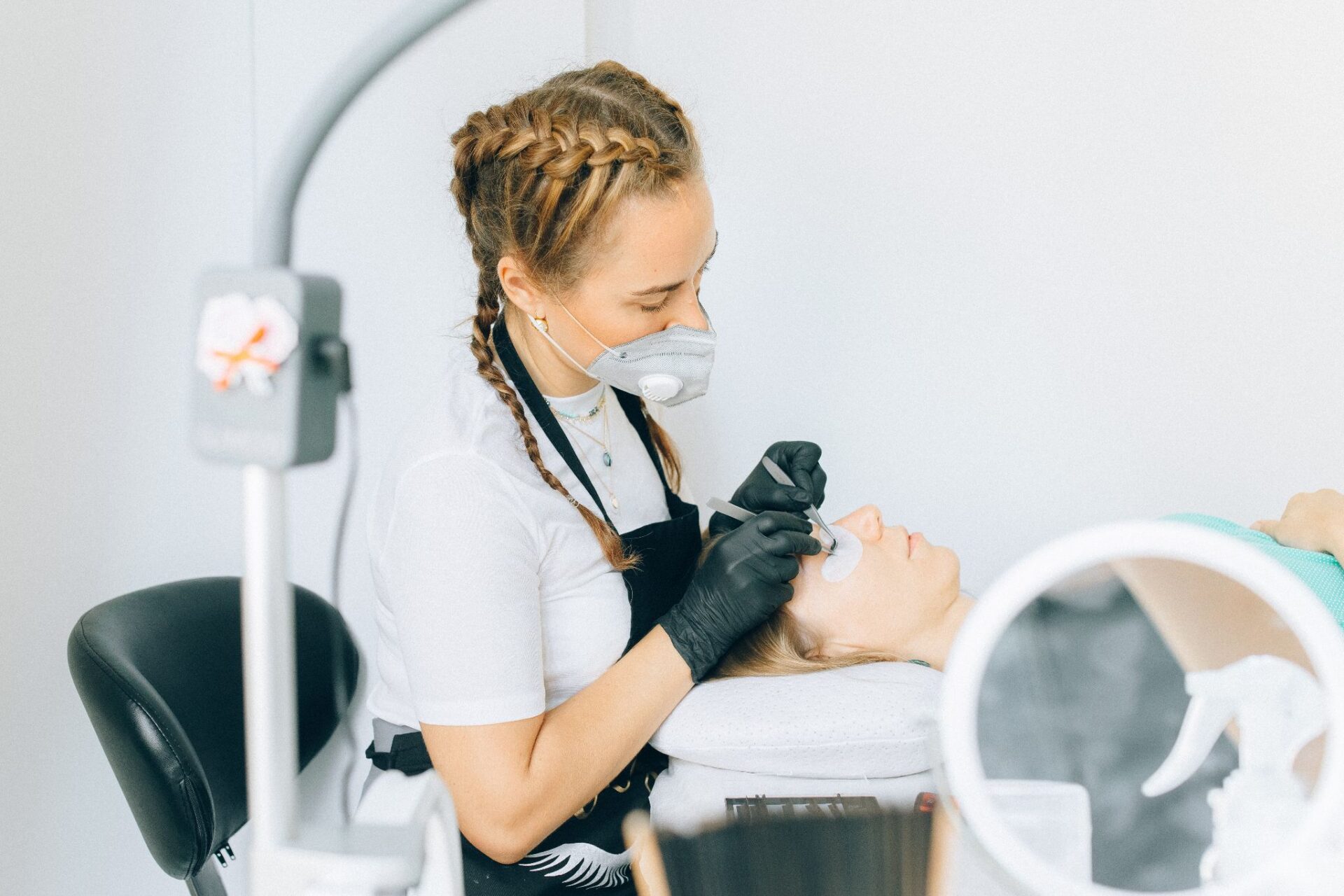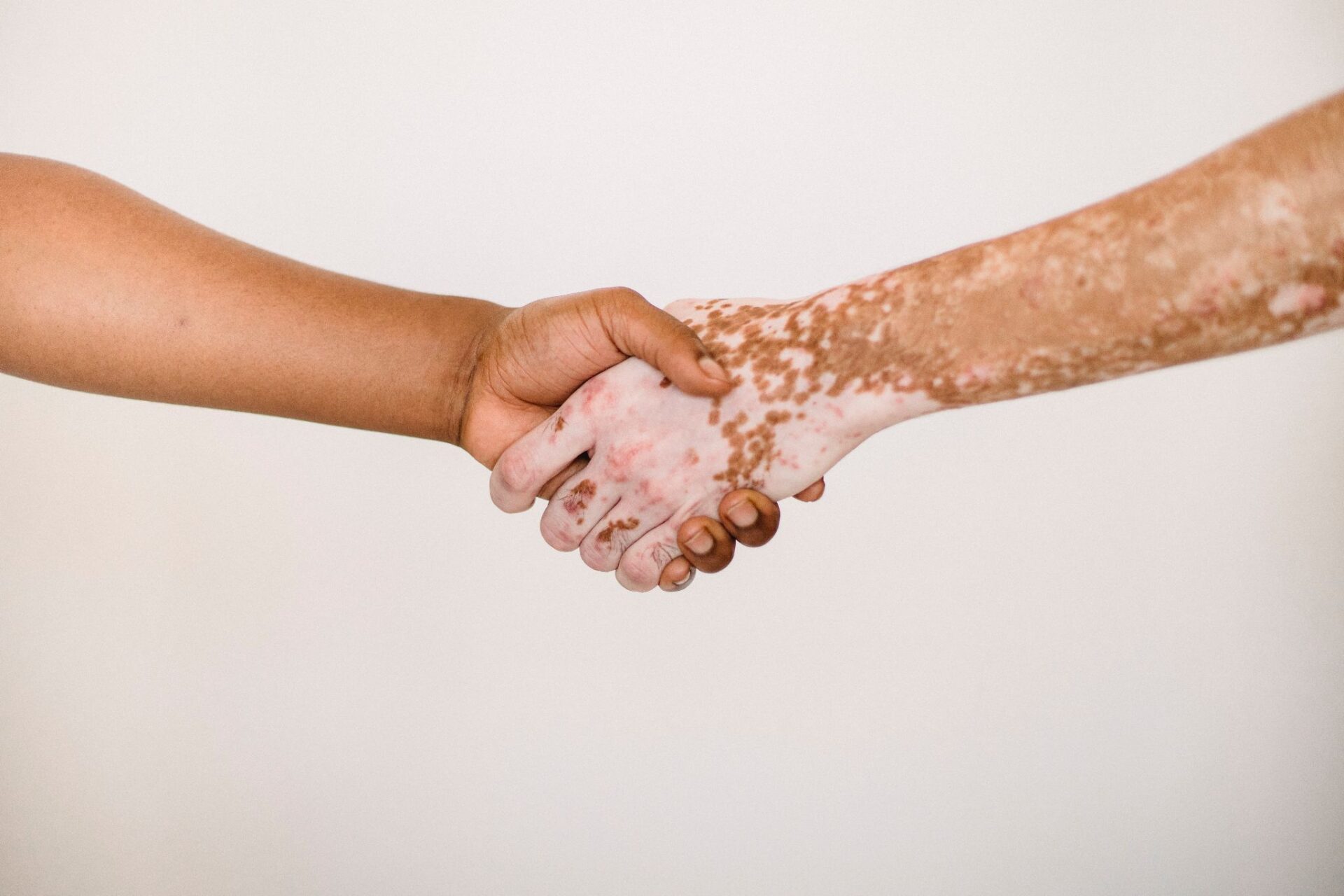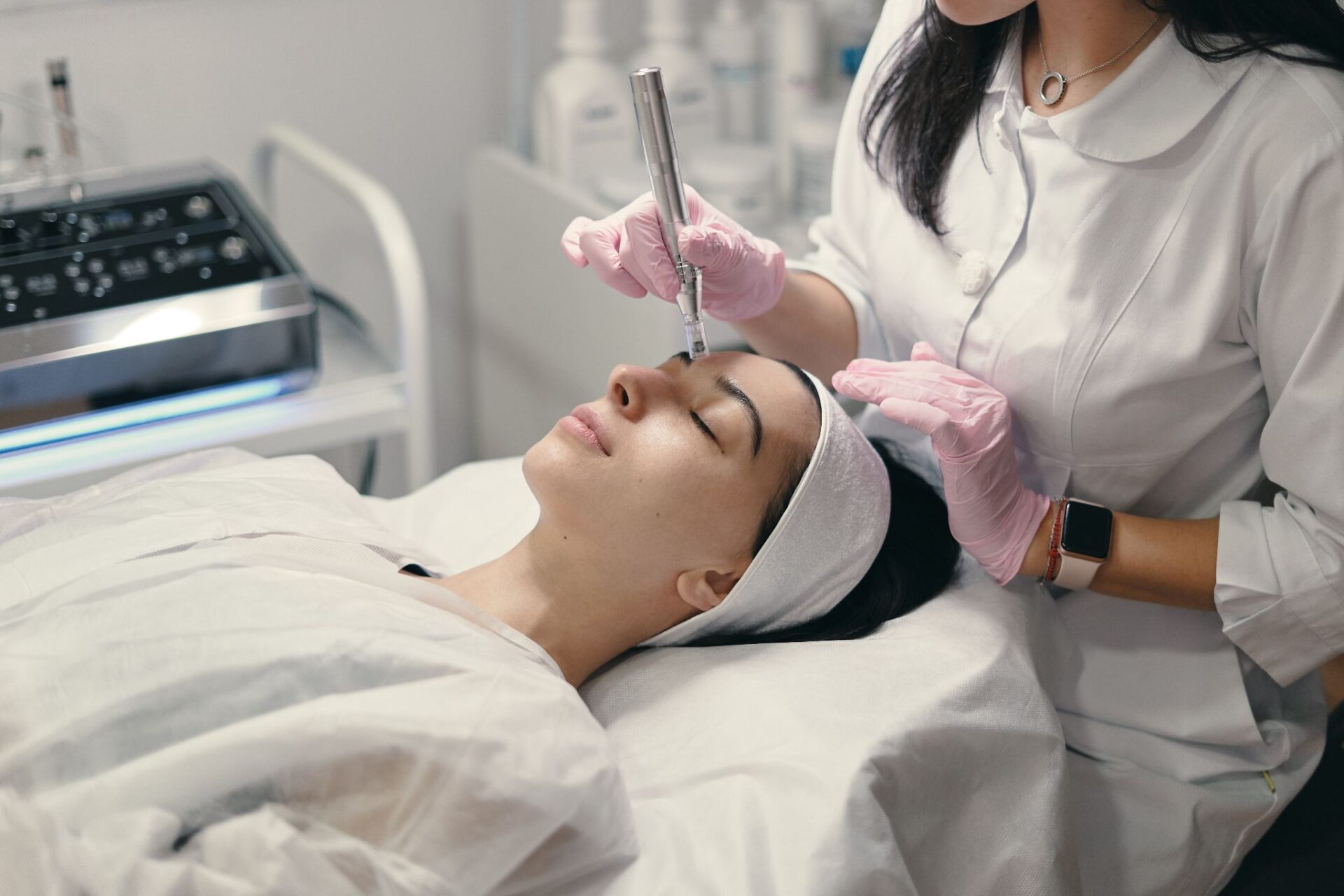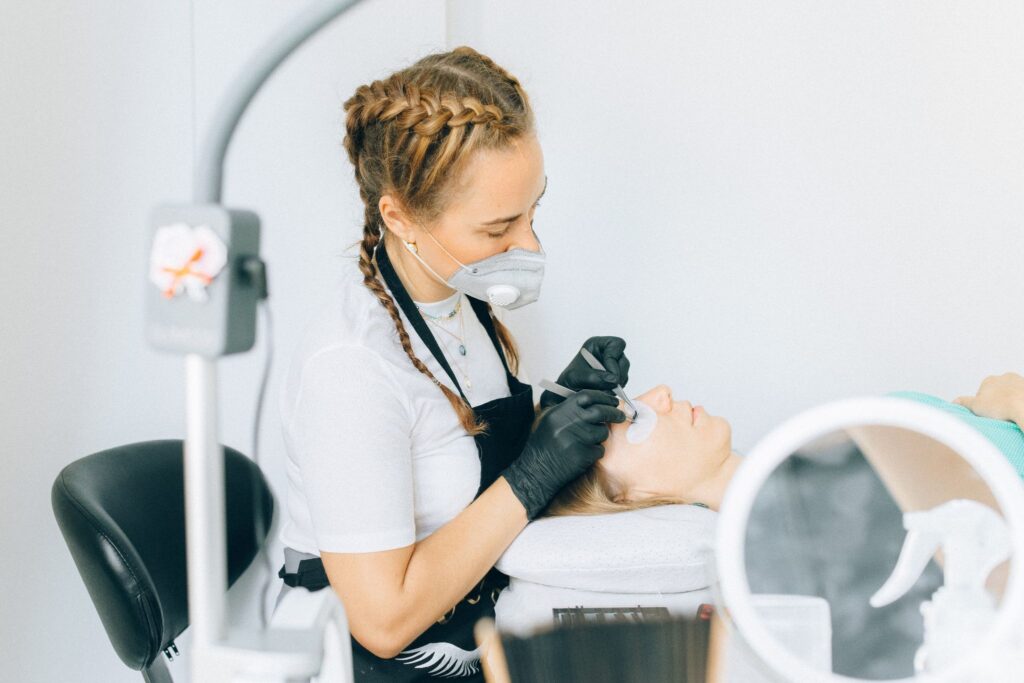Permanent makeup must have created a buzz recently but it has been around since 1902. The pressure to look good and the lack of time and resources to do the same is what led to the emergence of the concept of permanent makeup.
Now if you should really go for it or not is the tricky part. To ease this issue, we have curated this comprehensive guide which will help you decide better.
What is a Permanent Makeup?
It is a cosmetic technique using which you can make certain alterations in your skin to make designs that resemble makeup. It is also called micro pigmentation or a cosmetic tattoo. In this technique, a professional makes the design on your face using a pen containing iron oxide.
The replica of makeup is achieved by placing pigmented granules beneath the upper layers of the skin. It can work to enhance your eyebrows by making the skin around your brow bone dark and also mimic an eyeliner or lipstick.

Permanent Blush and eyeshadow are also becoming a trend but they are fairly new and some experts have raised concerns about the safety because in a blush there is a large portion of skin exposed to a foreign body. In case of an allergic reaction, it would be fairly difficult to cure.
Who is Permanent Makeup Suitable for?
The inks used in permanent makeup are subject to approval as cosmetics by the Food and Drug Administration. The pigments used in the inks are colour additives, which are subject to pre-market approval under the Federal Food, Drug, and Cosmetic Act.
Therefore it is safe and suitable for everyone. However, it should ideally be used by people who need it more than they desire. It could be worth the risk for people who have any physical limitations or medical conditions.

For instance, someone who has lost his eyebrows or a person who has arthritis, cataract, vitiligo, Parkinson’s disease, or any other ailment that makes them less capable of applying makeup every day can benefit from it.
Does Permanent Makeup Stay Forever?
Permanent makeup never gets washed off completely. However, over time it may fade to an extent that it is hardly visible. That usually takes a lot of time so you need not worry about having to get it done all over again.
An important thing to note here is that removing the permanent makeup is a tedious task that must be avoided at all costs. For this reason, it is important to think about it very thoroughly through all aspects and then finally decide if you want to go for it or not.

The procedure of removal is very expensive, painful, and risky. It takes a painfully long duration of time and even then there is no guarantee that it will be removed completely.
Side Effects of Permanent Makeup
Our body is designed to fight any foreign body that gets in through the skin. Therefore, there is a certain degree of risk with pigmentation as well. There could be an allergic reaction caused due to an unsterilized needle, or a particular ink or colour that you are allergic to.
However, if done by an experienced professional the chances of getting a serious side effect is rare. In the worst-case scenario, there is a chance of bleeding, crusting, swelling, loss of eyelashes, severe eyelid injury and ectropion.
How to Minimize the Risk of Side Effects in Permanent Makeup?
In order to test the colour and ink for an allergic reaction, you can do a patch test behind the ears. It will give a clear picture of whether you should pursue permanent makeup or not. Another thing to look out for is the hygiene maintained by the technician.

Always ensure the needles are sterilized and the technician has done some successful procedures prior to yours. You can ask for his credentials to be sure.
Should You Go For A Permanent Makeup?
Like I mentioned earlier, it should ideally be used by people with some kind of a medical condition or disability. Otherwise, there are a lot of risks especially if you are young. Fashion trends are constantly evolving. What is a trend now that could be out of fashion tomorrow? Therefore, we would recommend you to not pursue it unless you are 100% sure and start with minimalist changes if start at all.

